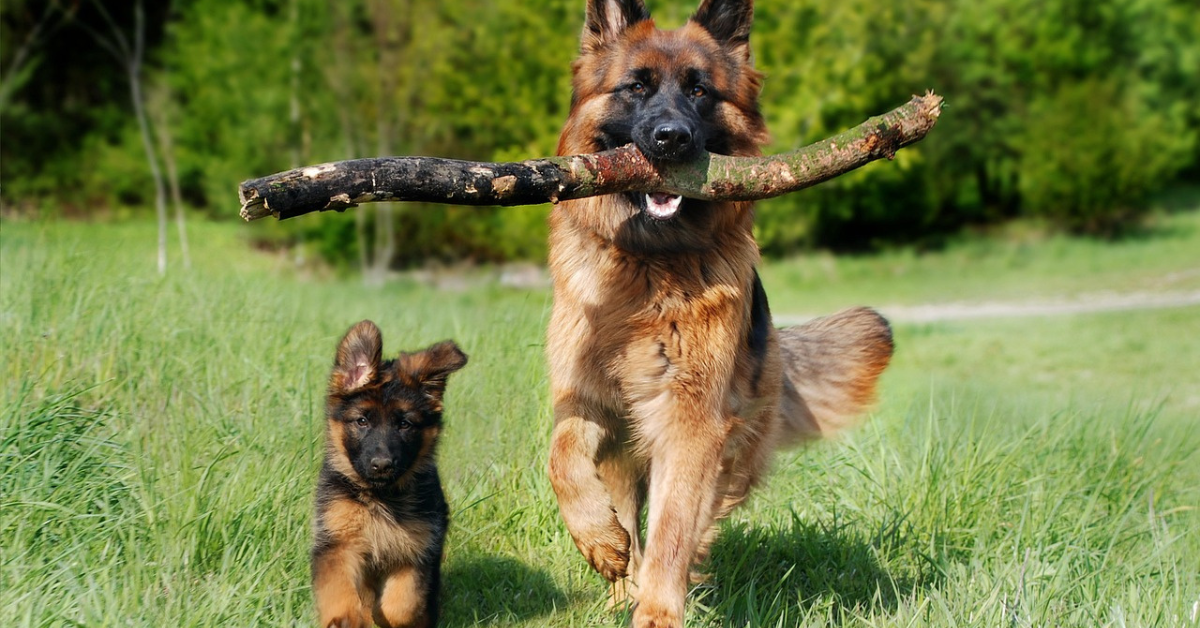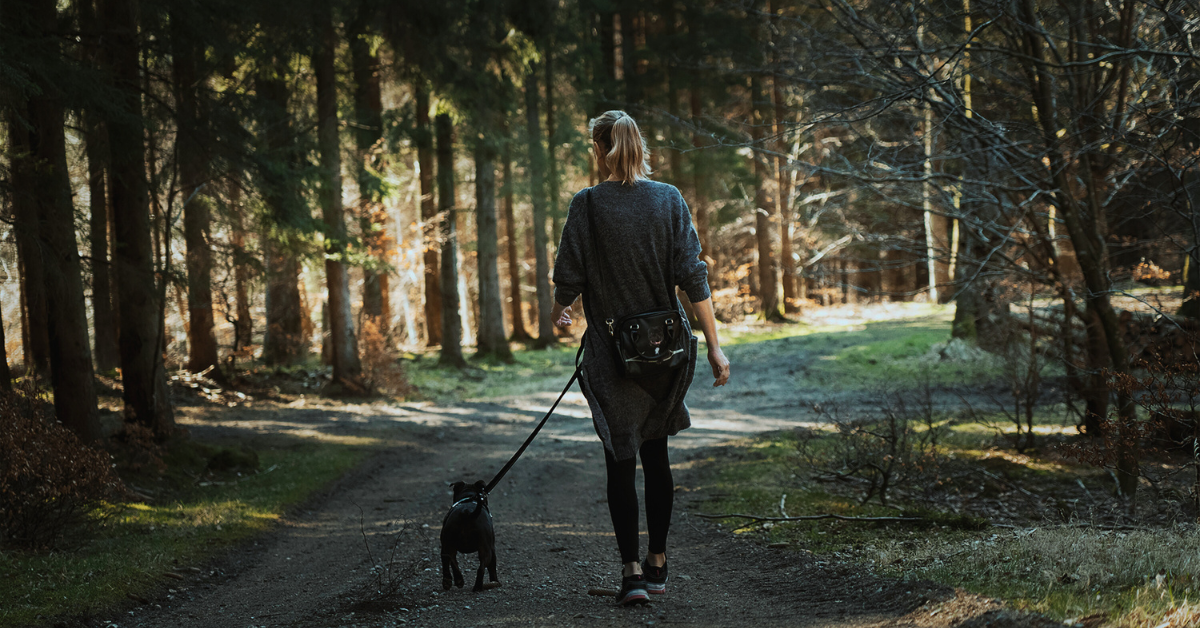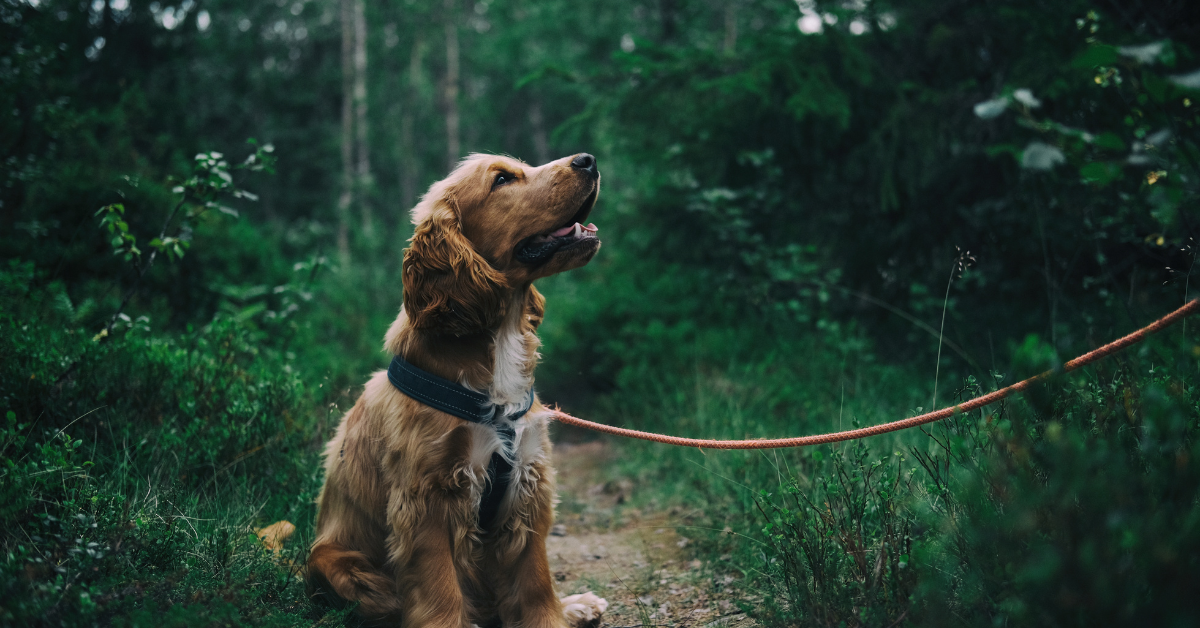
Caring For An Aging or Sick Dog

*Collaborative Post
Caring for an aging or sick dog can be a challenging yet rewarding journey. As your beloved pet ages, they may experience health issues like arthritis, obesity, or cognitive decline. To enhance their quality of life, provide a comfortable living environment, adjust their diet, and maintain regular vet check-ups to catch any potential health problems early.
Understanding the Golden Years
As your dog ages, you’ll notice changes in their behavior and physical health. These changes can affect their quality of life, yet with the right care, your senior dog can continue to enjoy their golden years.
Identifying a Senior Dog
Dogs are typically considered seniors around the age of seven, although this can vary by breed and size. Smaller breeds often live longer and may not show signs of aging until later. One way to determine if your dog has reached their senior years is through a veterinary assessment.
Signs that your dog might be aging include graying of the fur, especially around the muzzle, and a decrease in energy or activity levels. Keep an eye out for similar indications to guarantee your pet receives appropriate care for their new stage of life. With the help of ARC Emergency Vet, you can make sure your senior dog gets the care and comfort they need as they age.
Common Health Issues in Aging Dogs
There are several common health problems that dogs face as they age. Arthritis is frequently encountered, leading to joint pain and difficulty moving. Heart disease and kidney disease are also concerns. Cognitive dysfunction syndrome, which mirrors dementia in humans, might lead to memory loss or confusion. As dogs experience these health changes, some owners wonder, can dogs sense when they are dying? While it’s unclear, many believe that dogs are attuned to their health and may act differently during serious illness.
Behavioral and Physical Changes
Behavioral changes in senior dogs can vary. You might notice increased anxiety, sensitivity to noise, or a change in interaction with family members. These could be due to sensory changes or cognitive decline.
Physically, weight fluctuations are common. Some dogs may gain weight due to reduced activity, while others might lose weight because of health issues. Monitoring their diet and physical condition becomes fundamental. Changes in sleep patterns or vocalization are also signs of aging.
Enhancing Quality of Life
As dogs age, their care requirements change. Focusing on senior dog essentials, adjusting their nutrition, and improving living conditions can enhance their quality of life significantly.
Senior Dog Care Essentials
Make sure your aging dog has regular veterinary check-ups to monitor health issues like osteoarthritis. Early detection of problems can make treatments more effective. It is important to adapt to their environment to minimize their discomfort and improve their daily life. Don’t forget that gentle exercise will keep them active without causing stress.
Nutrition and Diet
Consider a diet tailored to meet the nutritional needs of senior dogs. As their metabolism slows, they may require fewer calories yet still need a balanced diet to support their changing health needs. Look for senior dog food rich in antioxidants, vitamins, and minerals to support their whole well-being.
Incorporating foods high in Omega-3 fatty acids can help manage inflammation and support joint health, particularly for those with osteoarthritis. If your dog experiences decreased appetite, try warming their food to enhance aroma and flavor, or mix in chicken or rice for palatability.
Comfort and Accessibility
Make your home more accessible for your aging dog. Place water and food dishes at a height that is comfortable for them to reduce strain. Because elderly dogs may not be able to take care of themselves as well, regular grooming and hygiene are necessary. Remember to keep the following commodities in your home:
- Ramps for mobility. They provide easy access to favorite spots like beds or couches.
- Non-slip mats.
- Orthopedic beds.
- Elevated feeding bowls. They can be especially helpful for older dogs who may have neck or back issues.
Conclusion
Caring for a senior dog is a journey filled with compassion and dedication. You will need to keep an eye on their diet by offering meals that are warm and appetizing, stay proactive with dental care, and don’t forget annual check-ups to catch any developing issues early on.
*This is a collaborative post. For further information please refer to my disclosure page.




